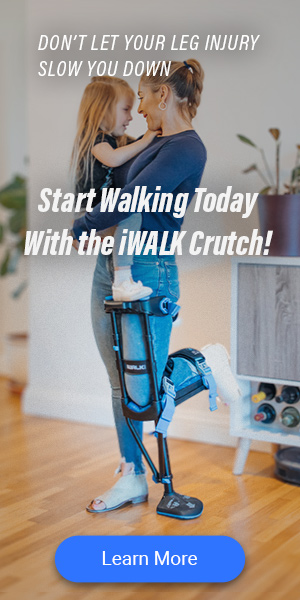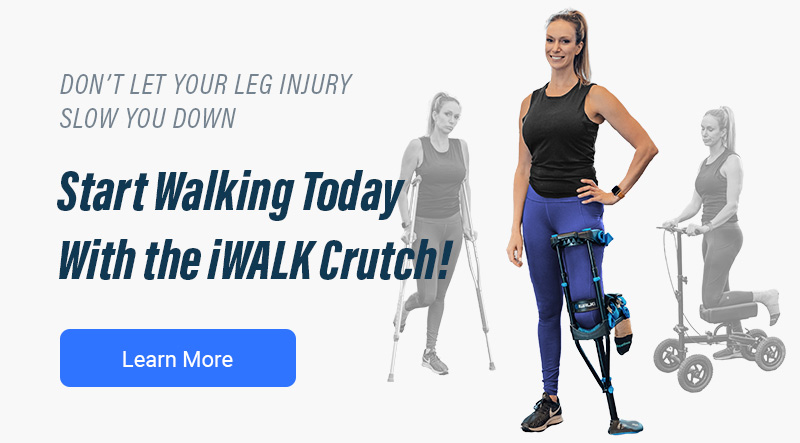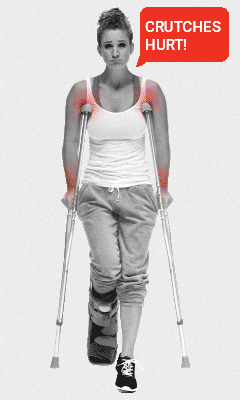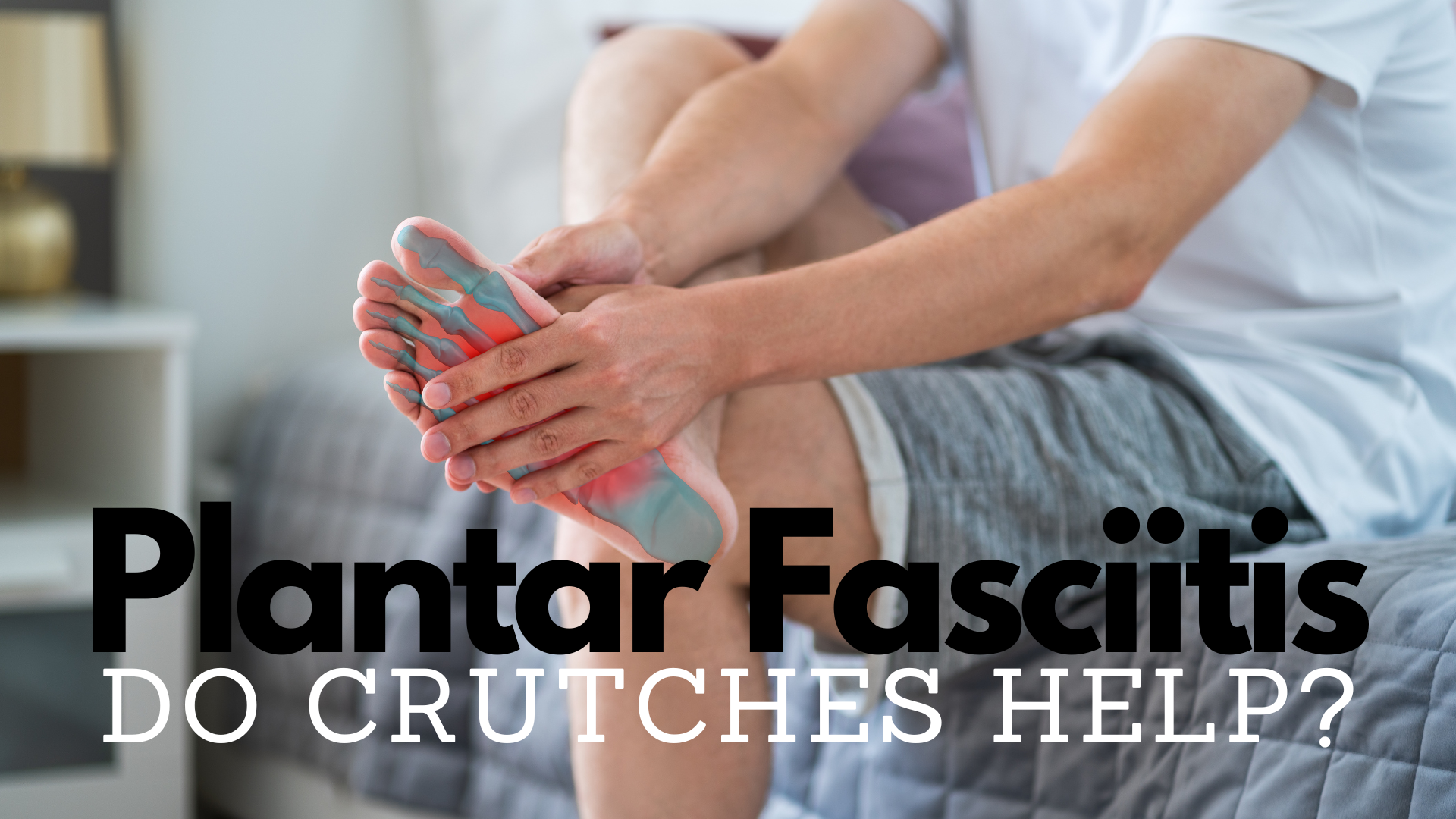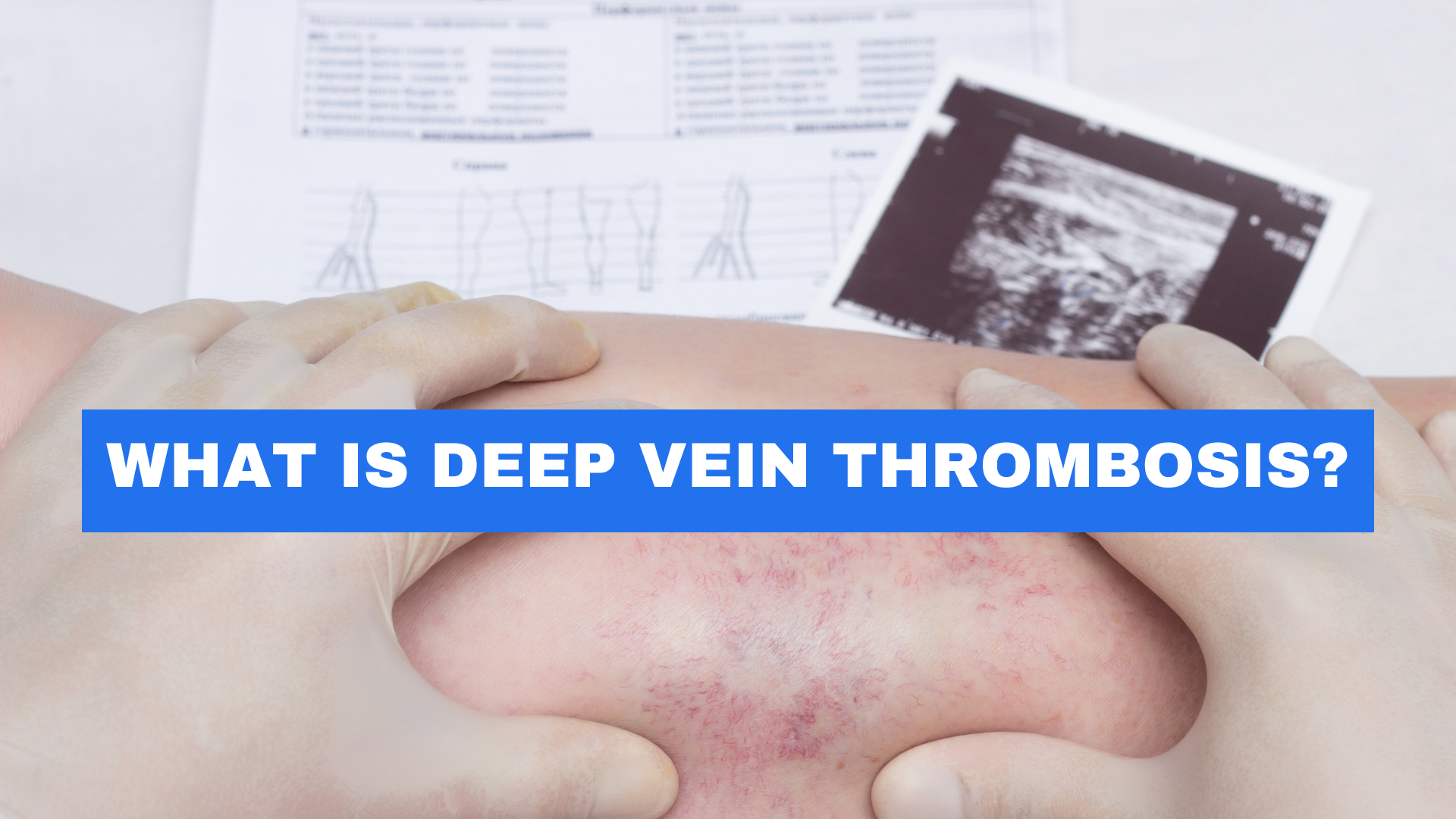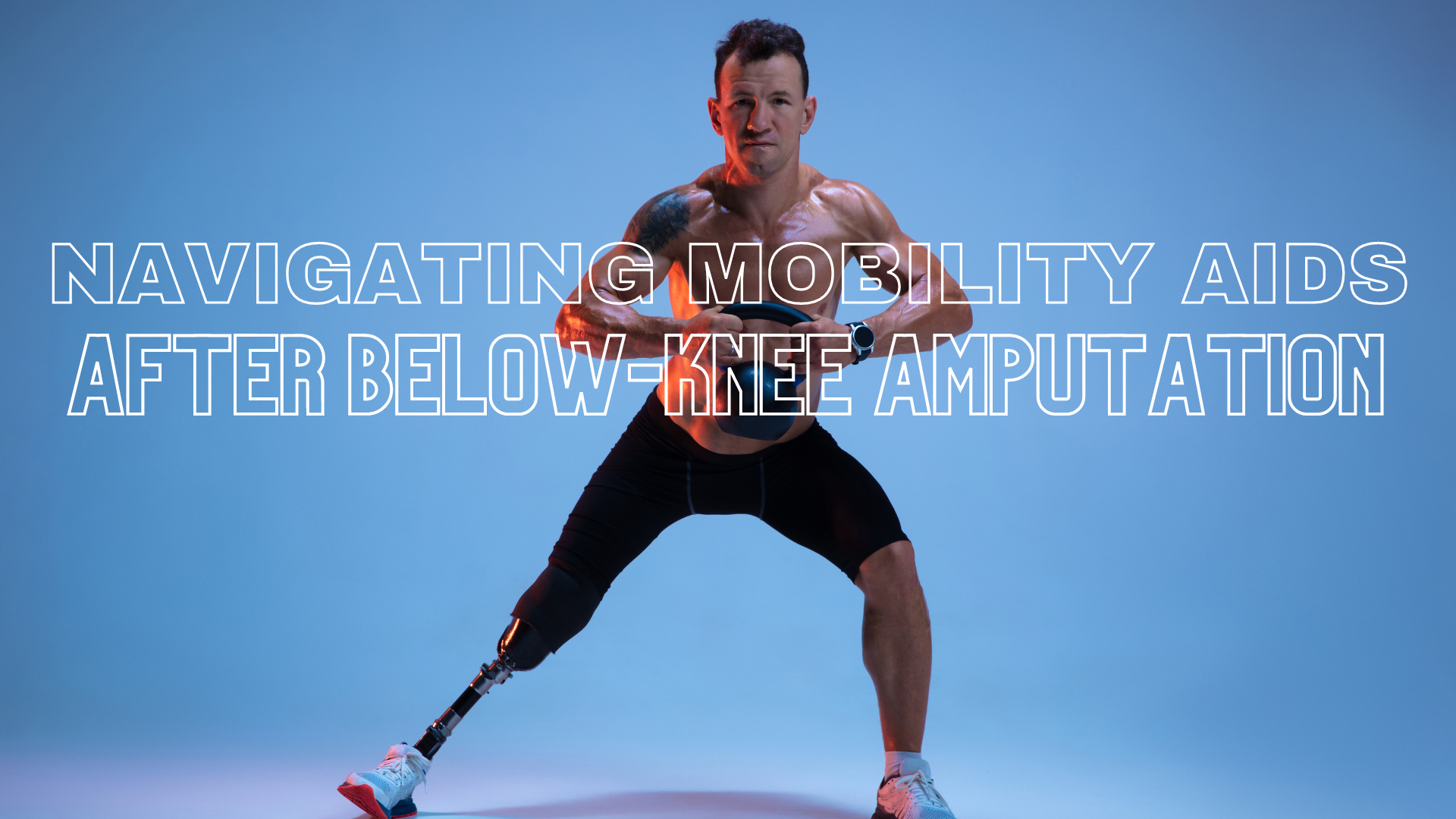A Bride Who Broke Her Ankle in Three Places Just a Week Before Her Wedding Day Achieved Her Dream to Walk Down the Aisle, by Wearing a High-Tech Hands-Free Crutch
A bride who broke her ankle in three places just a week before her wedding day achieved her dream to walk down the aisle, by wearing a high-tech hands-free crutch.
Ashlie Vaughn, 38, even managed to enjoy the first dance with her new husband Li Feng, 39, by wearing the device, which she says saved her wedding from disaster.
“Every girl wants their wedding day to be perfect,” she says. “For me, that meant walking down the aisle towards the man I’ve wanted to marry my whole life. I never thought I’d be able to do it with a broken ankle, but I’ve learned that anything is possible.”
Ashlie, from Chicago, IL, slipped when going down the stairs in her new home, where she had only been living for a month. She fell down three stairs and her ankle crashed into the wall. She says: “I felt shooting pains and cried out, and Li came running down the stairs to see what had happened. We went to a walk-in clinic and they sent me straight to a specialist.”
Scans confirmed that Ashlie’s ankle was broken in several places and that she would need to have surgery and wear a cast for weeks. She says: “I immediately started bawling. I had been planning my wedding forever, so being told that I’m not going to be able to walk was heartbreaking. Just eight days before my wedding I had to have a plate and three pins put in my ankle. All I could think about was how I was going to walk down the aisle. I did not want to be on crutches or in a wheelchair for one of the most important moments of my life.”
Ashlie went online and discovered the iWALK Crutch, an innovative hands-free crutch that enables people with lower leg injuries to walk unaided. The FDA / CE-registered device functions like a high-tech pirate leg and takes most people just half an hour or less of practice to adapt to.
Ashlie says: “I thought the iWALK would be a great option but it had a handle on it which I knew wouldn’t fit under my tight wedding dress. I contacted the company, iWALKFree, and they immediately offered to personally adapt it for me so that it would work. It arrived just three days later, giving me enough time to practice before my wedding day.”
Ashlie adds: “When I first tried it, I was nervous and Li had to hold on to me as I took my first steps. Within 20-30 minutes I could walk on my own.”
On Ashlie’s big day, November 8th, 2019, she walked down the aisle wearing her dream dress and a big smile on her face. She says: “You have this plan in your head of how you want your wedding day to be. You want it to be perfect and to me, that meant walking down the aisle, so I was really happy that I was able to do that.”
Later, Ashlie and Li enjoyed their first dance to “Never Enough” from The Greatest Showman. She says: “Our guests were so happy that we were able to do our dance and that I was so positive throughout the day. I know that I wouldn’t have been so positive if I’d been unable to walk – that would have put me in a dreary, sad mood.”
Walker
I was very surprised at how unsteady I was right after my surgery while I was still in the hospital. I used the walker for the first few days after I got home until I felt less wobbly and was more used to the pain med effects. It is more stable for mild balance problems, but also very tiring and slow. It limits the ability to carry items and is no good at all on steps. This is a basic device that is a standard we use in the rehab hospital for almost everyone.
At my fitness level, I could have stuck with it, but once I felt steady, it was gone! Walkers are cheap and readily available at a thrift store for $7-10, $30-80 on Amazon now, or ridiculously priced but covered through insurance with a prescription.
About the iWALK
The iWALK crutch is an award-winning hands-free crutch that has been worn by hundreds of thousands of people around the world. First invented by a farmer who broke his foot but still needed to work, it is now a carefully engineered FDA-registered Class 1 medical device. New research, published by the US medical journal Foot & Ankle International, found that nine out of ten patients prefer the iWALK to conventional crutches.
Brad Hunter, President of iWALKFree, Inc, says: “When Ashlie told us her predicament, we wanted to do whatever we could to help. We’re delighted that she was still able to have the wedding she had been dreaming of despite her injury. Ashlie’s experience epitomizes what the device represents – with crutches you’re disabled but with an iWALK crutch you’re enabled and that means that anything is possible, even walking down the aisle!”

